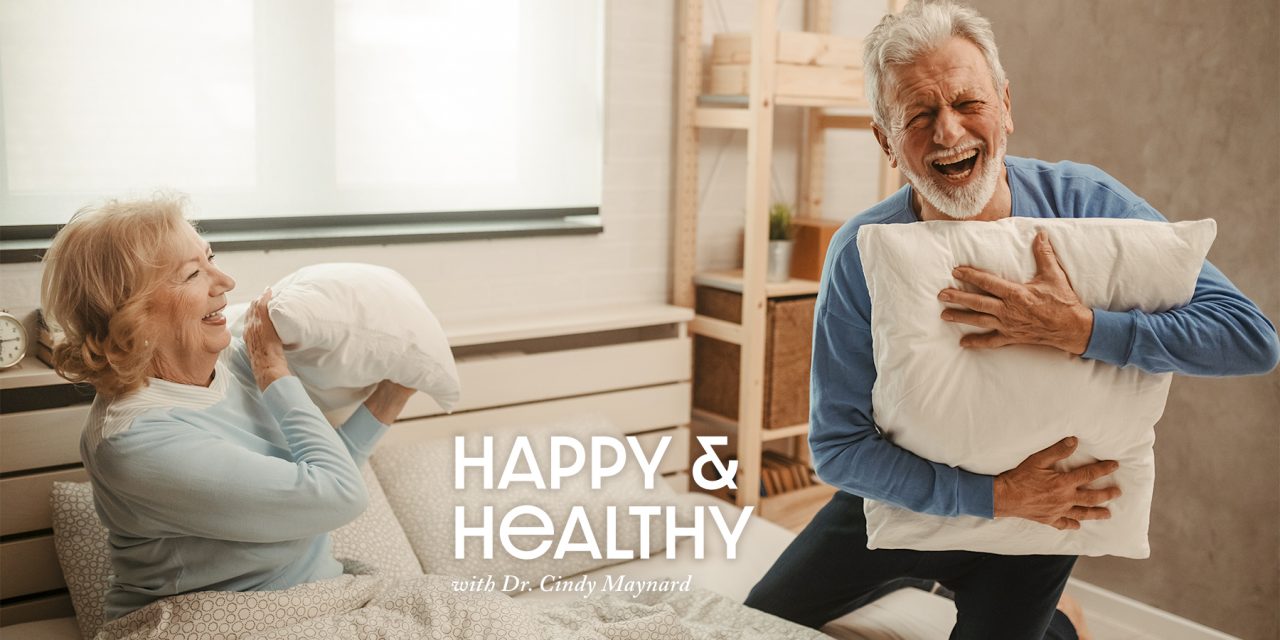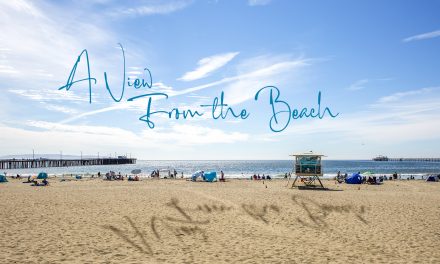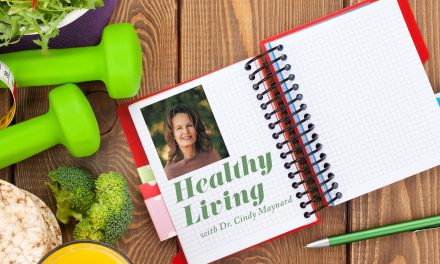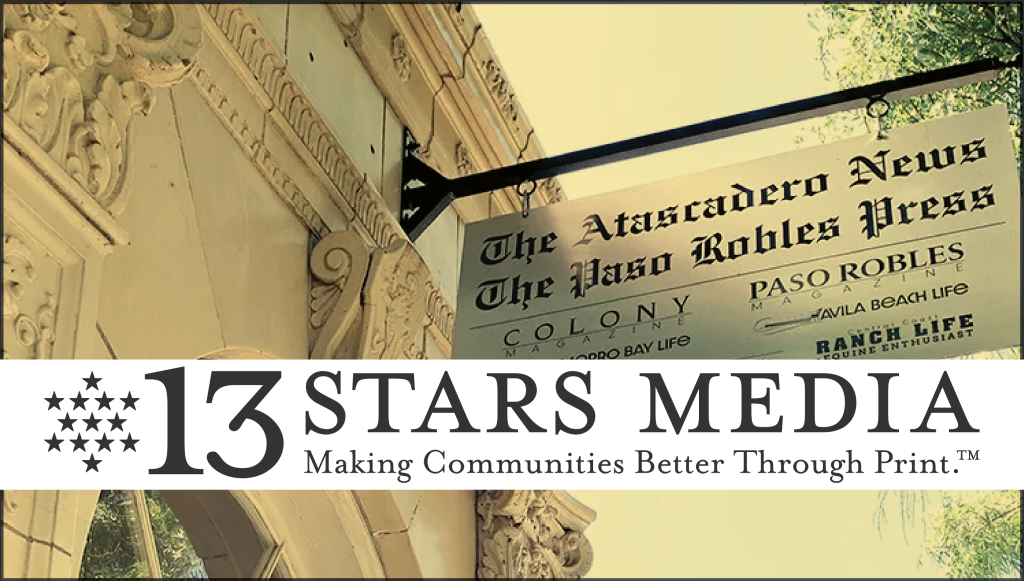It seems like the only time in our lives we wished we were older is when we were young. “How old are you?” someone would ask. “I’m five and a half!” Those halves were important. But, when we approach the 40s, we begin to go backward. “I’m 39 and holding.” It’s true that aging is inevitable — there’s no stopping it. But what if I told you there is a way to slow the process, perhaps even reverse it?
According to Dr. Michael Roizen in his book, RealAge: Are You as Young as You Can Be? most people age at a similar rate until they hit their late 20s or early 30s. Then we start the transition into “aging.” Generally, our biological functions decrease 3-6 percent per decade after age 35. The problem with these statistics is that they’re based on averages; the truth is that people age at drastically different rates.
Most of us could cite examples of people in their early 70s who are globe-trotting or running marathons. And yet we all know people in their 60s who are bedridden or have some major medical problem and are on the fast track to old age. What makes the difference? Good genes? True to a certain extent, but inherited genes account for less than 30 percent of all aging effects. The rest is lifestyle choices. Which means we have a choice about how we want to age or not age.
Myths About Aging
People usually equate aging with loss or a decline in vitality, attractiveness, and health. Here are some other myths:
- Aging = illness
- Aging is purely genetic. It’s written in the genes. You can’t change that fact.
- Older people should eat less calories as they get older, or they’ll gain weight.
- Feeling depressed is a natural function of getting older.
- By the time someone is 60 or older, the damage is done. So, why bother?
Decline and disease are not inevitable outcomes of aging. If we begin to change our behavior, we can stay fit, vital, and healthy for decades. So, what keeps us younger or older?
Immunity to Aging
Our immune system is number one. Think of it as your protector. It keeps outside invaders like viruses and bacteria at bay by locating and destroying them. It also uproots cells that have become malignant. Certain things, like exercise, antioxidants, nutrition, our mental health, all play a vital role in boosting our immune system.
Keeping the Arterial Roadways Clear
Heart health is the Big Kahuna that intersects with every aspect of your life. Over time, arteries age and wear down. They get congested from buildup of fatty deposits called plaque, which cause traffic jams like high blood pressure, blood clots, strokes, or heart attacks. By keeping your arteries and heart in good working order, you can make your RealAge as much as 20 years younger than your chronological age.
Interacting with Our Environment
Environmental factors affect our health and the length of our lives as much as arterial aging and our immune system. Where you choose to live, what substances you put in your body, the risks you take, and the stresses you deal with daily – all contribute to aging.
Stress Busters
On the other hand, other choices, like taking a new class, nutrition, humor, letting go of resentments, or having fun with friends, can help keep you younger. Some risks are unavoidable, but by choosing to decrease the risks, you build your own age-protection plan.
What’s Your RealAge?
To calculate your RealAge, go to RealAge.com and take the test. The lower your RealAge, the greater the odds are that you will have a healthier, more energetic life. Conversely, the higher the RealAge, the older your body and mind may actually be. However, over time, as you adopt new lifestyle behaviors, you can recalculate your RealAge and watch the years disappear!
Cindy Maynard, Ph.D., RD, is a health psychologist, a registered dietitian, and a nationally published health and fitness writer. She is passionate about promoting health and wellness. You can contact her at drcindymaynard@live.com






